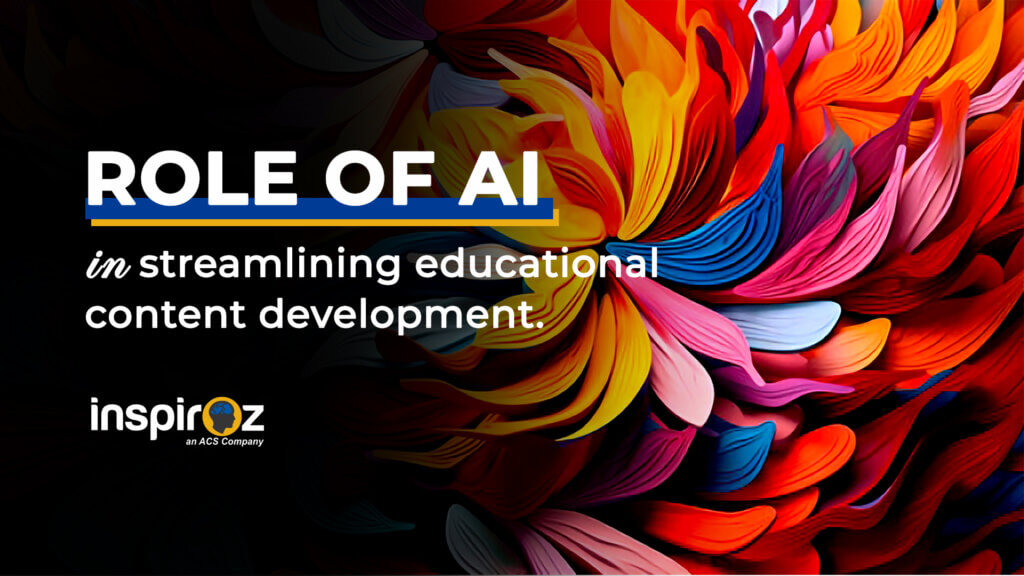With Artificial Intelligence (AI) emerging as a key player in reshaping how educational content is developed and delivered.
This article explores the multifaceted role of AI in enhancing the relevance and effectiveness of educational materials, thus revolutionizing the learning experience.
The integration of AI into educational systems marks a significant departure from traditional content development methods.
AI’s ability to process and learn from large data sets enables a more dynamic, responsive, and personalized approach to education, revolutionizing the learning experience.
Personalization of Educational Content
AI’s impact is most evident in the personalization of educational content.
AI algorithms analyze student data to create customized learning experiences, taking into account factors like learning pace, style, and performance.
This ensures that learners receive content that is neither too challenging nor too easy, fostering an effective learning environment.
Automation in Content Creation
AI greatly simplifies the content creation process. Natural Language Processing (NLP) tools help educators efficiently generate new study materials and keep them up-to-date, ensuring their relevance and timeliness.
Interactive Learning Environments
AI-driven educational content often includes interactive elements, such as simulations and educational games.
These tools adapt in real-time, providing immediate feedback and challenges that are tailored to the student’s progress, thus enhancing engagement and retention.
Expanding Accessibility
AI’s scalability in content development significantly enhances accessibility. It enables the translation of materials into various languages and their adaptation for different learning levels, making quality education more accessible to a diverse range of students, including those with disabilities.
Empowering Educators with Data
AI provides educators with valuable insights into student performance. This data-driven approach helps educators identify areas where students struggle and adjust the curriculum accordingly, continuously improving the quality of educational content.
Addressing Challenges and Ethical Issues
Challenges and ethical issues surrounding the use of AI in education include data privacy, potential biases in AI systems, and the digital divide.
To ensure the ethical and equitable use of AI in education, it is imperative that these challenges are addressed.
Looking Ahead
The future of AI in educational content development is promising, with the potential for even more advanced personalization and adaptability.
As AI technology continues to evolve, it will likely play a crucial role in developing content for new and evolving academic disciplines.
Conclusion
AI’s transformative role in educational content development offers a more personalized, engaging, and accessible learning experience.
Despite existing challenges, the benefits of AI in education are substantial.
AI in education represents a shift towards a more inclusive, adaptive, and learner-centered approach, playing a crucial role in the future of educational content development and making learning more engaging, personalized, and effective for students globally.







